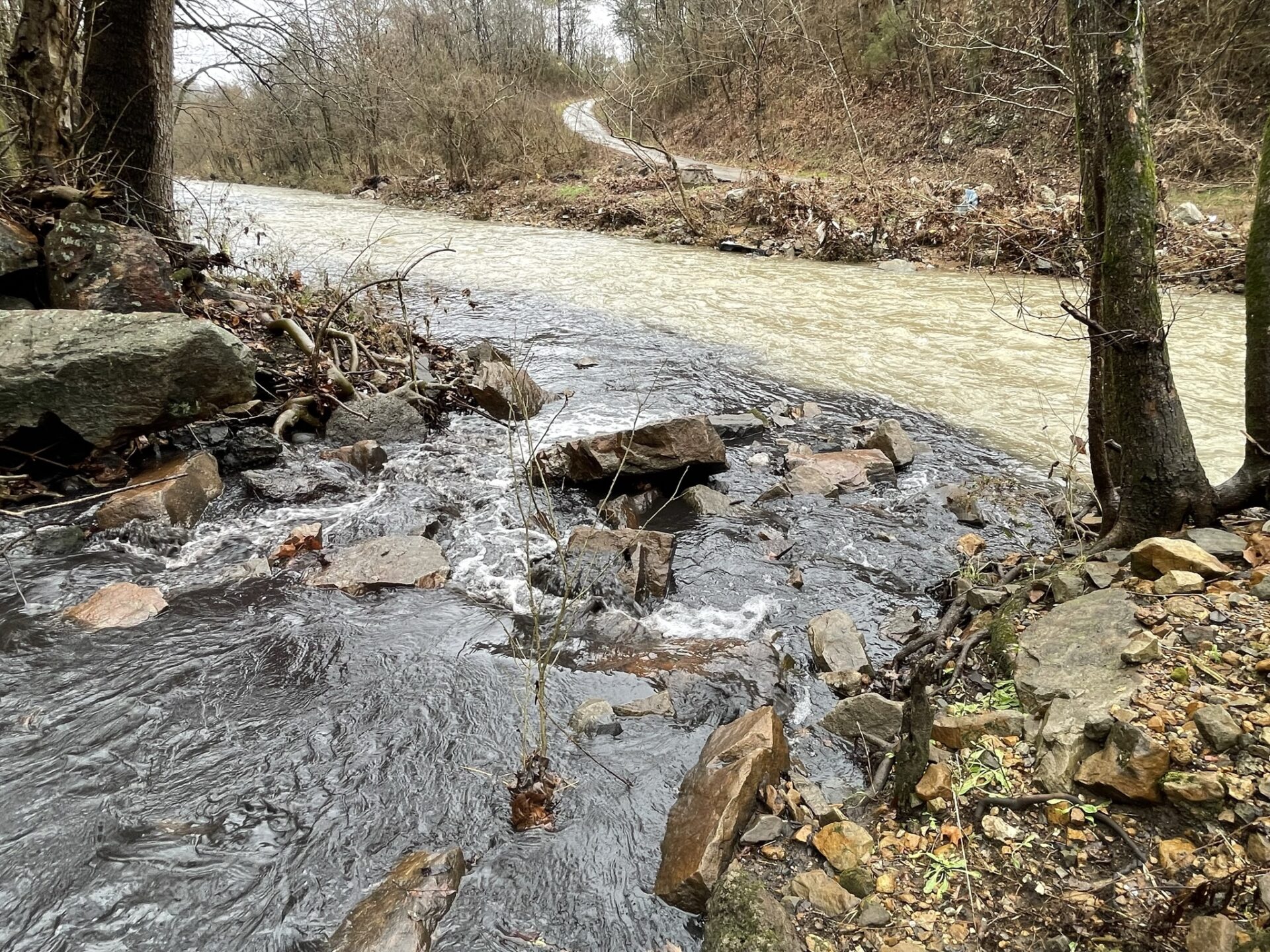Environmental and community groups have sued a company owned by the family of Gov. Jim Justice in federal court in Birmingham, Alabama.
Black Warrior Riverkeeper and a local group called GASP filed the complaint against Bluestone Coke in the U.S. District Court for the Northern District of Alabama.
The complaint alleges that Bluestone is in violation of the Clean Water Act by discharging pollutants into a stream that exceed levels allowed by its permit.
It also alleges that Bluestone has been discharging pollutants not allowed by its permit such as barium, strontium, E.coli, semi-volatile organic compounds and volatile organic compounds.
It further alleges that the company deposited coal, coke, slag and sediment into a tributary of Five Mile Creek, an unpermitted fill into Waters of the United States.
The Bluestone Coke plant in North Birmingham is currently not in operation.
In December, Bluestone reached a consent decree with the Jefferson County, Alabama, Department of Health to pay a $925,000 penalty, the largest in the agency’s history.
In May, Black Warrior Riverkeeper reported that Bluestone had failed to pay $283,000 of the penalty and would owe an additional $1,000 for every day the payment was late.
Bluestone Coke is one of the numerous companies listed on Justice’s annual financial disclosure to the West Virginia Ethics Commission.
Justice, who is not named in the complaint, is a candidate for the U.S. Senate in 2024.
Justice faces other lawsuits, including one brought by the U.S. Justice Department over unpaid fines and penalties.
